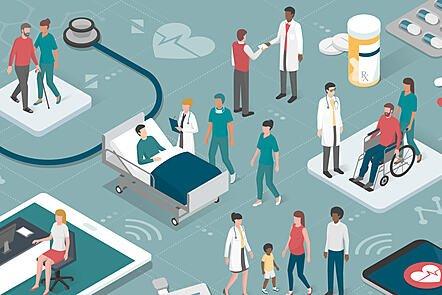MOOC List is learner-supported. When you buy through links on our site, we may earn an affiliate commission.

MOOC List is learner-supported. When you buy through links on our site, we may earn an affiliate commission.
You will gain insights into antimicrobial stewardship (AMS) in different contexts and how to apply a social science research approach. You will also be introduced to different fields of study and social science theory.
What topics will you cover?
- What is social science and why do we need a social science perspective for tackling AMR?
- Insights on implementing AMS to tackle AMR across different settings
- Introduction to realist review
- Introduction to ethnography
- Introduction to implementation science
Learning on this course
You can take this self-guided course and learn at your own pace. On every step of the course you can meet other learners, share your ideas and join in with active discussions in the comments.
What will you achieve?
By the end of the course, you'll be able to...
- Demonstrate a basic understanding of what social science is
- Explore examples of using different social science research methods for tackling antimicrobial resistance in primary and secondary care, and in high-income and lower-middle income countries
- Explore the application of a realist review to inform recommendations for developing and/or improving antimicrobial stewardship
- Identify examples of using ethnography to gain novel insights into current delivery of antimicrobial stewardship activities
- Describe how implementation science can help to improve implementation of antimicrobial stewardship activities
- Identify potential research questions or improvement project ideas for your practice setting that can be investigated in future studies using social science methods
Who is the course for?
This course is designed for health professionals, junior researchers and doctoral students new to social science with an interest in antimicrobial stewardship.
MOOC List is learner-supported. When you buy through links on our site, we may earn an affiliate commission.
MOOC List is learner-supported. When you buy through links on our site, we may earn an affiliate commission.
